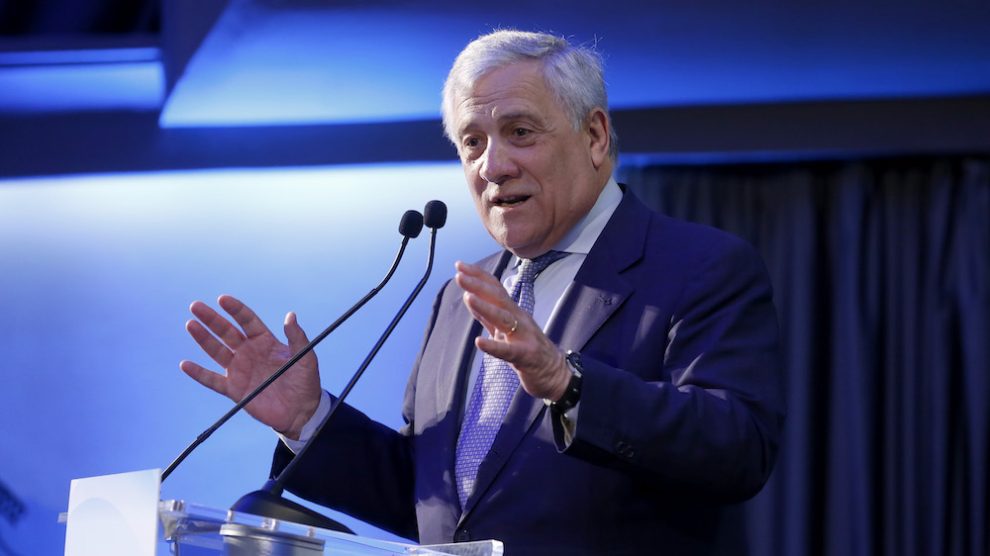Europe must change its strategy on Syria. This appeal is made by Italian Foreign Minister Antonio Tajani and his Austrian counterpart, Alexander Schallenberg, as part of a broader reflection on the situation promoted by Croatia, Cyprus, the Czech Republic, Greece, Slovakia, and Slovenia.
- Tajani and Schallenberg argue that it has been a ‘strategic error’ to marginalize the Syrian issue in media and Brussels’ attention, especially during the ongoing conflicts in Kyiv and Gaza.
- The two ministers urged the High Representative to reconsider the European strategy to develop ‘a more realistic, proactive, and effective policy on Syria.’ This revised policy aims to enhance Europe’s political influence, improve the effectiveness of humanitarian assistance, and create conditions for the safe, voluntary, and dignified return of Syrian refugees.
The situation in Syria and neighbouring countries is worsening. If Syria is not prioritized on the EU agenda, ‘the consequences for the civilian population in Syria, for neighbouring countries in the region, for Mediterranean partners, and ultimately for Europe, will be disastrous,’ warn the two foreign ministers.
- Currently, the EU stands out as the largest international donor of humanitarian aid to Syria, having contributed EUR 33 billion.
- However, the Syrian people remain in dire poverty, with a record 16 million people in need of primary care. Poverty is a primary cause of migration, and Syria has the largest refugee flow in the world, with 13.8 million internally displaced persons and refugees fueling traffickers’ businesses.
- Assad, with support from Russia and Iran, has managed to consolidate power, regaining control of over 70% of the country.
Foreign Ministers Tajani and Schallenberg called… for Assad “to show the necessary flexibility in a reconciliation process essential for getting Syria back on track.” Additionally, they urged decision-makers to explore alternative political resolutions for the crisis in Syria.
- This includes ensuring economic prospects for Syrian citizens to deter migration to Europe, creating conditions for people to return to Syria, and ensuring sanctions impact the regime rather than the civilian population. The immediate goal is to initiate a comprehensive discussion to identify a new approach.
- Among the tools identified to effectively counter excessive compliance are soft power strategies, such as cultural diplomacy.





